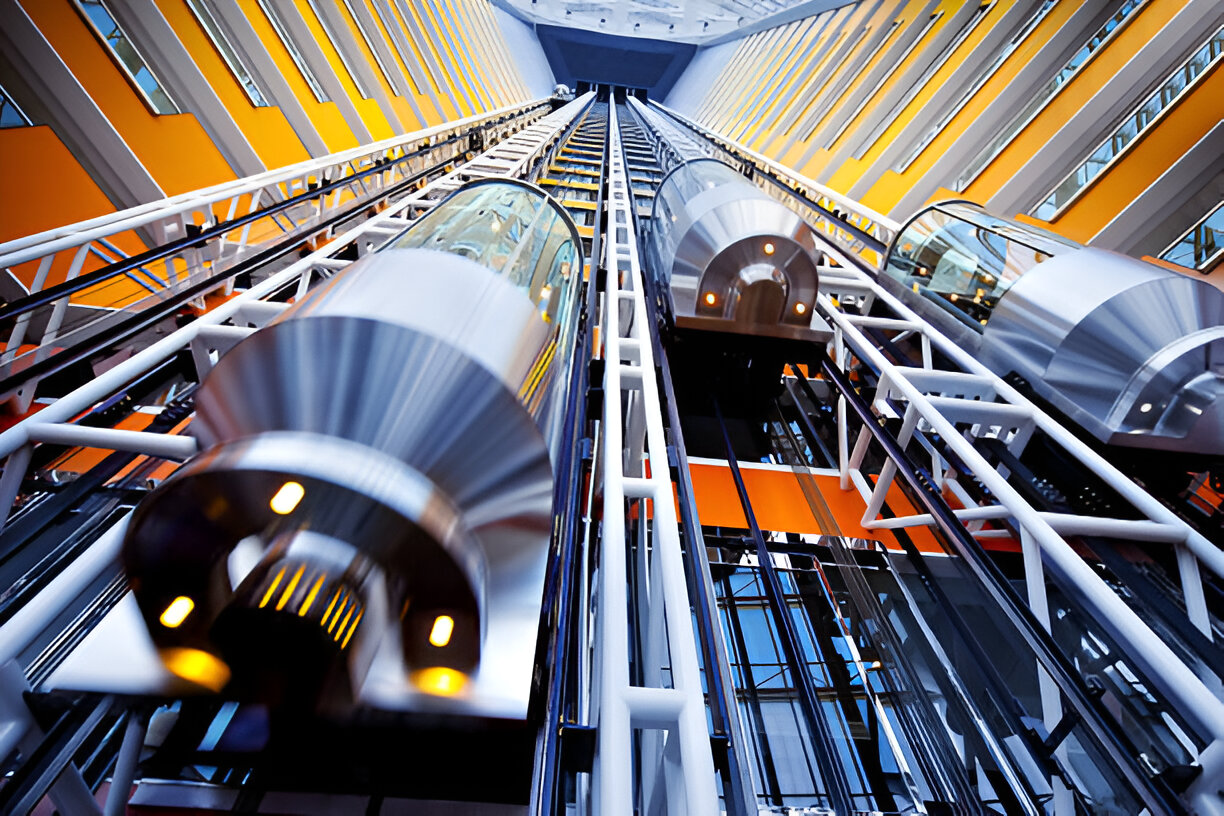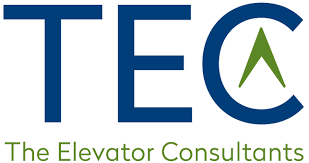In the fast-paced world of hospitality, elevators have a crucial yet often overlooked role in ensuring guest satisfaction and operational efficiency. For hotel general managers and staff, the constant focus on creating exceptional guest experiences can sometimes overshadow the importance of regular elevator maintenance and it should. The guest is the most important aspect of a hotel, they are the reason the hotel is in business. This oversight can lead to unexpected downtime, increased costs, and potentially compromised guest safety. Just like making sure the heat and air conditioners are working, elevator maintenance is essential for hotels and effectively managing this critical aspect of hotel operations is important. It doesn’t matter if your hotel is a five-star resort or if you’re a quick overnight stay hotel, elevators play a key role in the operations of any hotel.
The Unique Challenges of Hotel Elevator Maintenance
Hotels face distinct challenges when it comes to elevator maintenance since operational efficiency is key:
1. Constant Operation
Hotel elevators often run 24/7, experiencing high traffic and wear. Hotel accommodate all people; kids, college students, rambunctious teens, handicapped individuals, business people, vacationers, the diverse list goes on and on.
2. Guest Experience Impact
Malfunctioning elevators can significantly disrupt guest satisfaction and hotel operations. It is extremely frustrating when you come in from a long day of work or a long traveling day and the elevator is not working properly requiring you to wait for the elevator when all you want to do is get to your room.
3. Staffing Limitations
Hotel staff are not qualified or permitted to perform elevator maintenance. A hotel must use the service of an elevator service provider who is trained to work on elevators. Hotel staff is also limited to staffing challenges as well to keep a pulse on elevator issues.
4. Reliance on Service Providers
Hotels depend heavily on elevator service companies for maintenance and repairs. If something is wrong with the hotel’s elevator they have to wait until the service company can come on site. It can be a 30-minute wait to a three-day wait, the elevator consultants have seen the scenarios and even worse.

This becomes extremely frustrating for a hotel when they have to wait to get their elevator serviced when they have a maintenance agreement that says the elevator company will be on site quickly.
The Consequences of Neglecting Elevator Maintenance
A hotel must make it their focus and even have a process developed to make sure elevator maintenance is being received at the hotel. Failing to prioritize regular elevator maintenance can lead to several issues:
1. Unexpected Downtime or Slow Elevators
Elevators may break down during peak hours, causing inconvenience to guests and potential revenue loss. Hotel gas may be waiting and waiting for an elevator not knowing that one of them is down if there is more than 1 elevator at the hotel. An elevator may not function properly or travel at extremely low speeds because it does need to be serviced. These are extremely frustrating for hotel guests who want to get where they’re going.
2. Increased Repair Costs
Minor issues left unaddressed can escalate into major, expensive repairs. It is common for hotel staff to call when they have a problem which at this point it is usually too late and the cost to repair or keep the elevator up and running or get it back up and running can be extremely costly. This is usually when a hotel will call an elevator consultant for elevator consulting services.
3. Safety Risks
Poorly maintained elevators pose potential safety hazards to guests and staff. Elevators are extremely safe means of transportation however if they are not properly maintained they do open up liability exposure to hotels. For instance, if the doors are not properly serviced, they may not function properly and hit riders or close to quickly.
4. Reputation Damage
Frequent elevator issues can lead to negative reviews and damage the hotel’s reputation. It is common for hotel guests to post on social media when they have issues with elevators at a certain hotel and leave unfavorable reviews and stars that can hurt the ratings of a hotel.
The Importance of Proactive Maintenance
Implementing a proactive approach to elevator maintenance offers numerous benefits:
1. Minimized Disruptions
Regular maintenance helps prevent unexpected breakdowns and reduces downtime. An elevator in a hotel should run seamlessly and should never be an issue for hotel staff or most importantly hotel guests.
2. Cost Efficiency
Addressing small issues early prevents them from becoming costly major repairs. Hotel staff should make sure that the elevators are serviced properly and not receive just call back maintenance when they have a problem. This is when the ElevatorApp becomes extremely helpful.
3. Enhanced Safety
Well-maintained elevators are safer for guests and staff.
4. Improved Guest Experience
Reliable elevators contribute to overall guest satisfaction. This can eliminate any negative social media postings.
5. Extended Equipment Lifespan
Regular maintenance can significantly extend the life of elevator systems. The capital expenditures for hotels are in place and when an elevator is not serviced properly and premature capital expenditures need to be allocated to elevator expenses can drastically hurt the bottom line of the hotel.
Strategies for Effective Elevator Maintenance Management
To ensure optimal elevator performance and reliability, hotels should consider the following strategies:
1. Engage an Elevator Consultant
Hiring an expert consultant can help hotels develop a comprehensive maintenance strategy tailored to their specific needs. An elevator consultant is experienced in the hotel industry and the elevator industry to ensure smooth operations.
2. Implement Maintenance Tracking Software
Utilizing specialized software, such as ElevatorApp, can help hotels monitor maintenance schedules, track service provider visits, and receive real-time alerts about elevator maintenance activity. This is an economical way for a hotel to know when their elevator is being serviced properly.
3. Conduct Annual Audits
Regular audits of elevator systems and maintenance practices can identify potential issues before they become critical problems. This may seem like a costly measure although the ROI is immediate after you receive just one unnecessary bill from the elevator service company. These audits are completed by an elevator consultant.
5. Train Staff on Basic Monitoring
While hotel staff cannot perform maintenance, they can be trained to recognize and report potential issues promptly. This is a process that should be implemented with hotels staff to keep what maybe a small problem escalating to something greater. This is where hotel staff can enter information into the ElevatorApp eliminating them with the task of remembering to bring it up to maintenance or other hotel staff.
6. Schedule Preventive Maintenance
Work with service providers to establish regular preventive maintenance schedules, ideally during off-peak hours. This should be tracked in a log file on site at the hotel or in the ElevatorApp It is common for the elevator service providers to tell the hotel that they have this data in the service provider application however it is rarely given to the hotel and usually difficult to access and to decipher
7. Budget for Upgrades
Plan and budget for necessary upgrades to keep elevator systems modern and efficient. In the elevator industry today, it is common for parts to become obsolete and the local authority having jurisdiction for elevators is implementing new code upgrades for safety issues. For these reasons and more hotels need to stay on top of the ever-changing elevator industry. An elevator consultant can help with these issues.
The Role of Technology in Elevator Maintenance
Elevating Hotel Operations Through Proper Maintenance
In the competitive hospitality industry, every aspect of guest experience matters. By prioritizing and tracking regular elevator maintenance, hotels can ensure smooth operations, enhance guest satisfaction, and maintain a reputation for excellence. Implementing a proactive maintenance strategy, leveraging technology, and partnering with elevator service providers who will conduct preventative maintenance and are willing to be held accountable are key steps in achieving these goals.
For hotels, elevators are more than just a means of vertical transportation for the guests and hotel staff, they’re mission-critical to the hotel experience and operations. By giving elevator maintenance the attention it deserves, hotels can truly elevate their service quality and operational efficiency.

